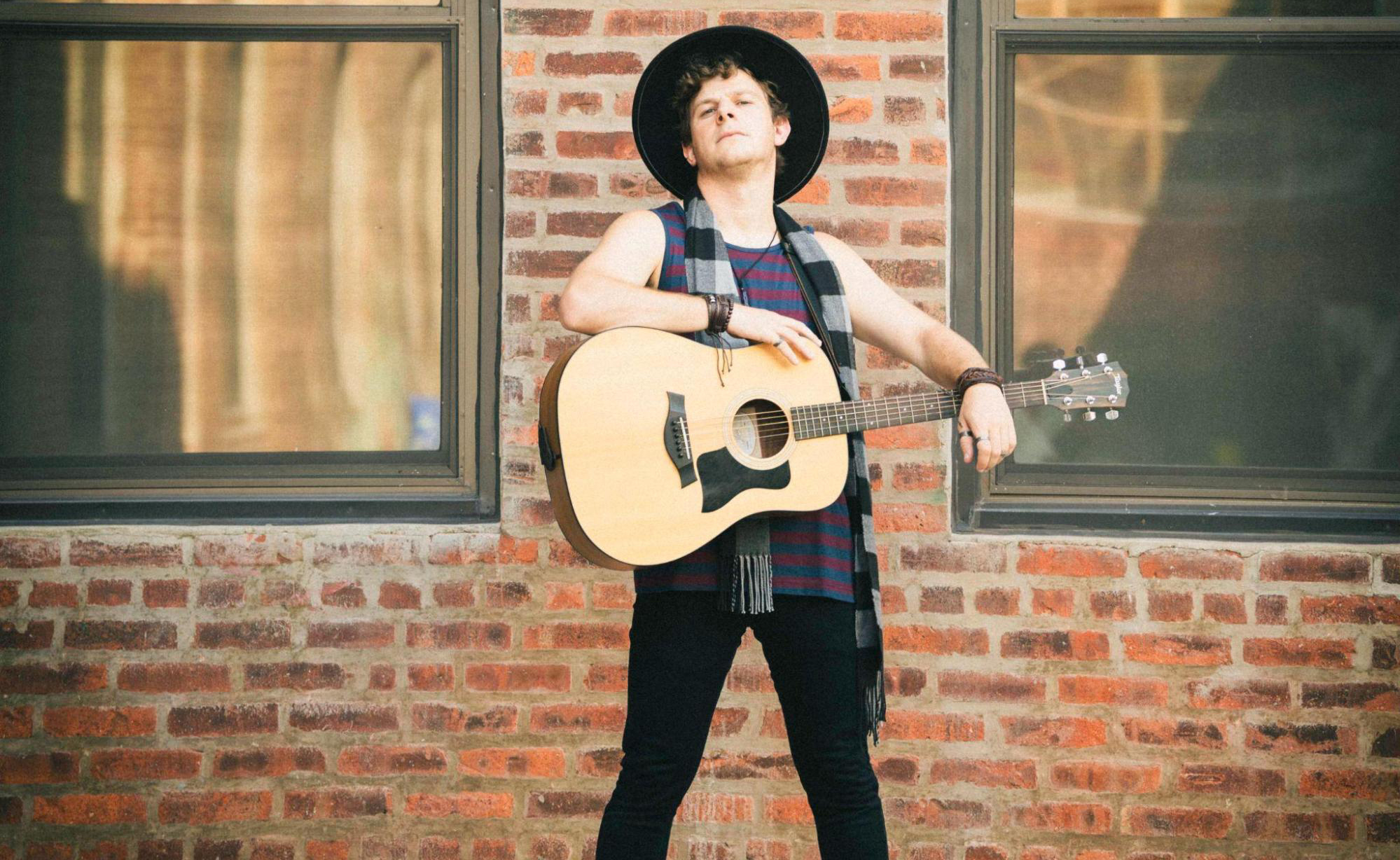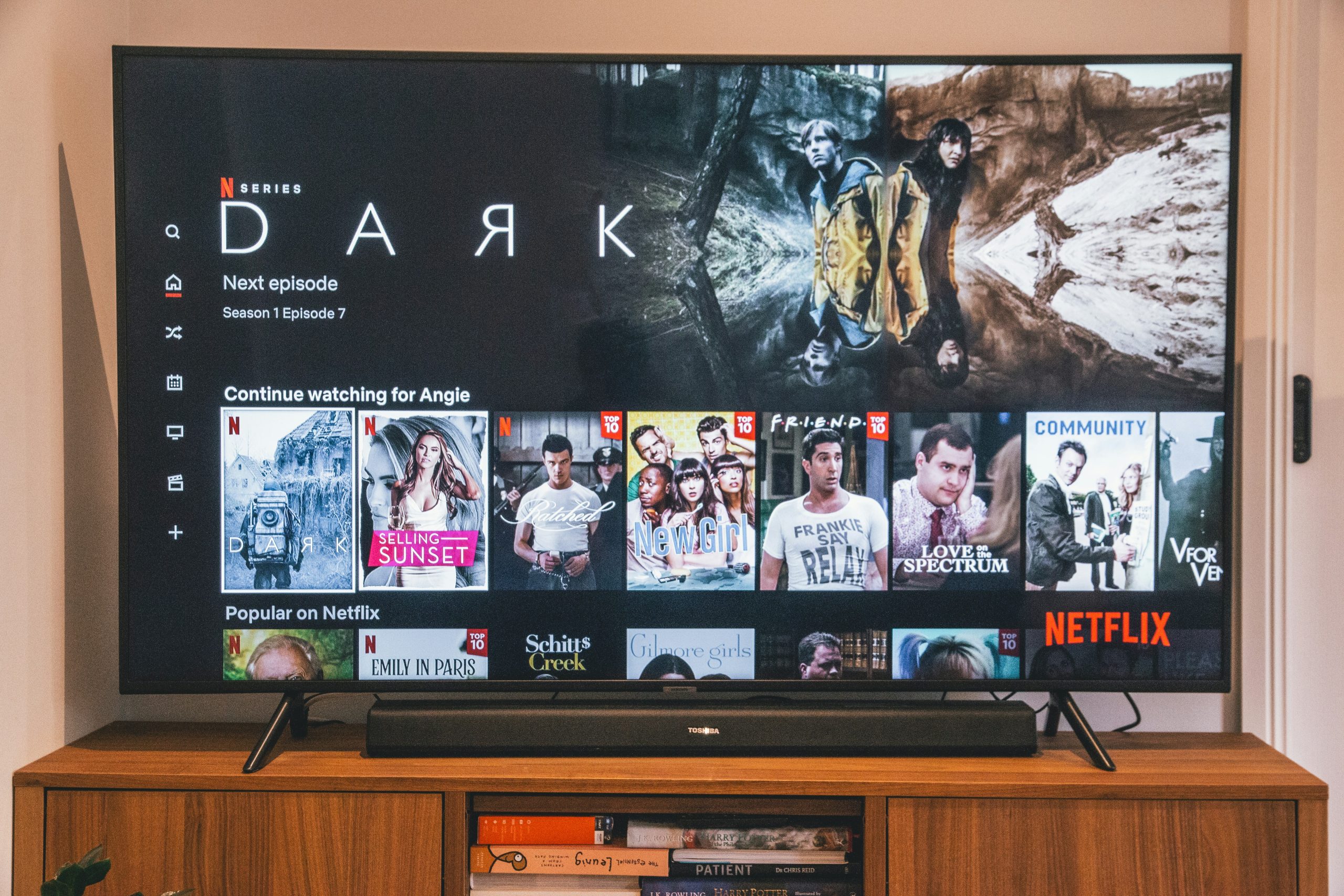I didn’t listen… I was warned of how dangerous this movie was, of what it could do to me.
I went anyway. All the murmurings of the chaos and havoc the movie would unleash upon our society only drew me toward it.
By Friday morning, opening day, I found myself driven along in a fugue, no longer in control of my actions as I searched for showtimes and dug through a pile of laundry for my faded Punisher T-shirt—the only shirt I wear to comic book movies. Before leaving for the theater, not knowing who I might be when I returned, I took one last look at the life I was leaving behind. I waved goodbye to my posters of Fight Club and V for Vendetta and blew one last kiss to my Death Note Waifu pillow. The docile boy who had assembled this innocent collection was about to become a violent madman. It was time to face my fate.
I had already heard of theaters instituting a policy against unaccompanied individuals buying tickets, but I was prepared. I went up to the electronic kiosk and selected two tickets for the 1:30 showing. I crumpled one of the tickets and threw it over my shoulder with a sly smirk. My only fear was that my bank might flag this as a fraudulent purchase (since I’d never bought more than one ticket before) and would figure it out in time to get me in a straight jacket before I could fully transform. I didn’t care. Already I was becoming unhinged.
The woman who tore my ticket looked me up and down, and I dared her with my eyes to ask me where my date was. She knew better. She waved me through to the last doorway on the left. The name of my unraveling was spelled out in glowing lights above that gaping maw of darkness: Joker. I allowed the darkness to swallow me…
I pulled a bag of skittles from the pocket of my cargo shorts as I found a seat and settled in for my metamorphosis. Before the trailers, a PSA from NAMI played, decrying the harmful stigmas that are attached to mental illness, and I smiled—already thankful that someone was looking out for the murderous psychopath I was about to become. I tried to brace myself for the change to overtake me, but nothing could have prepared me for the two hours that followed.
It was as if I’d awoken from the dream of my former life to see my true self projected 30 feet high. As many people have already noted, this masterwork from director Todd Phillips bucks the conventional formula of the comic book genre by choosing instead to be a window into my twisted soul. Apart from a handful of references to the characters and setting of the Batman mythos, there is little indication that the movie takes place in a comic book universe, rather than in New York City during the 1981 garbage strike when the streets were clogged with filth—much like the dark corners of my mind.
It is a portrait of Arthur Fleck, a man broken and abandoned by an unfeeling society (sound familiar, mom?). A man tortured by fits of nervous laughter and who only wants the approval of a loving father and for black women to pay attention to him for once (Zazie Beetz, unblock me on Twitter!). A professional clown who lives with his ailing mother, Arthur slowly comes to an understanding that murder really is the best source of relief for people suffering from vague mental illnesses. Can you say “sign me up?”
I was as putty in Todd Phillips’ deft and diabolical hands. For the first time in my life, probably in cinematic history, someone was actually telling the story of a disaffected loner using violence to solve problems. And Jaoquin Phoenix is even a lonely white guy, just like me! Truly, this was the pandora’s box of movies. Once this lethal, unheard-of combination was unleashed before my eyes, there was no going back.
In the first hour, he’s bullied, beaten, mocked—much like how, in my own life, people leave rude comments beneath my Watchmen fanfiction—and finally fired for the simple mistake of dropping a handgun on the floor of a children’s hospital while he’s clowning: an injustice so relatable, I defy anyone not to identify! But then, when Arthur is at his lowest, he is targeted for abuse one more time, and he fights back. I sat so enthralled by his transformation that my handful of skittles went ignored, leaving sweat-smeared polka-dots printed across my palm. As he performed his hypnotic, bathroom dance in the afterglow of his first act of murder, I saw those polka-dots—the taint of clownish colors—lit by the reflected glow of the screen. I licked them from my hand, taking Arthur’s taint into my mouth.
Hollywood had really missed a trick by never glorifying brutal violence before! I thought of how much better Bruce Willis’ career could have been if, say, the 2018 remake of Deathwish had incorporated some of this violent loner revenge fantasy. Hell, Sylvester Stallone could have built a whole, decades-spanning franchise out of this incredible new concept. And imagine if the John Wick series, instead of just being about a guy who misses his dog, had adopted this approach of having sad white guy kill a bunch of people. But because Joker is truly the first film of its kind, society has been saved from total collapse, until now…
Throughout the rest of the film, I was no longer watching Arthur. I was Arthur. I was the one struggling to understand my origin, to find love, and to achieve the destiny Frances Conroy had chosen for me. I was going to “make people smile”—preferably by sticking my fingers into their mouths while they just stand there, passively. I watched myself become a symbol of vigilante justice for Gotham City’s downtrodden, even as I was made an object of ridicule by rich and powerful father-figures.
But it was not the cruelty of powerful men that ultimately broke us (Arthur and I), it was the failure of black women to empathize with our pain. From the social worker who wouldn’t listen to us to the angry mother who scolded us on the bus and the would-be love interest who refused to be charmed by our stalking, black women consistently failed to save us from becoming brutal psychopaths. Each one represented another step on the road to our ultimate breakdown, and each was a stark reminder of the long history of pain that white men have endured—ignored and undervalued since time immemorial. Black women will never understand.
The film’s final moments speak volumes. Arthur has shifted his violent, self-destructive impulses in a healthier direction—outward—and has managed to spark bedlam in the streets of Gotham. Laughing to himself, he tells his new therapist (another black woman) that she “wouldn’t get it.” Cut to Arthur, dancing in her blood. If only she’d had a better sense of humor 🙁
It would certainly be possible to read a lot of different messages into Joker—about gun control, economic inequality, access to mental health treatment, blah blah blah. But rather than wasting our breath on broader societal ills, the media narrative has already picked up on the most important point: We all need to do everything in our power to accommodate lonely white men. We need to make them feel better about themselves, to never let them feel rejected or judged, and for the love of god, we need to stop them from seeing this movie!
For me and Arthur, it’s already too late. As soon as I got home from the theater, I stole a pack of sharpies from my roommate’s desk and drew a thick red smile on my old Guy Fawkes mask and blue triangles around the eyes. I thought about donning my new face right away and joining the rioting crowds in the street, but when I turned on my laptop to search for the nearest violent mob, Pornhub was already open. I found some great hentai that I’d never seen before and masturbated myself to sleep—secure in the knowledge that the riots would still be there in the morning.
- Joaquin Phoenix’s Family History Is Crazier than His Movies – Popdust ›
- 10 Movie Protagonists Who Just Needed Therapy – Popdust ›
- My Ninth Grade Obsession With V for Vendetta – Popdust ›
- “Joker” Shows What’s Wrong With American Mental Healthcare – Popdust ›
- Is Joker dangerous, unsettling or ‘random button-pressing?’ | CBC … ›
- Is ‘Joker’ a dangerous movie? Our critics have it out – Los Angeles … ›
- Is Joker Just a Movie? | The New Republic ›
- America the radicalized: Kavanaugh deepens partisan divide – Axios ›
- Funniest, Best Tweets About The ‘Joker’ Trailer With Joaquin Phoenix ›
- Radicalization as a Vector: Exploring Non-Violent and Benevolent … ›
- ‘Joker’ Review: Angry, Beautiful, and Empty | GQ ›













